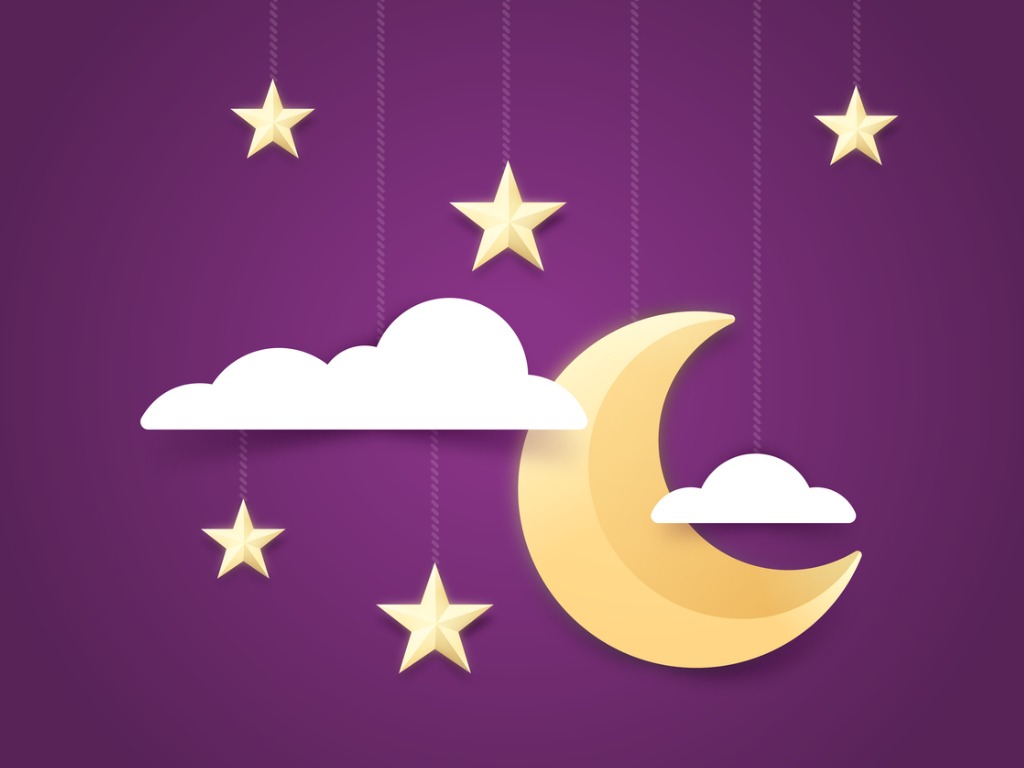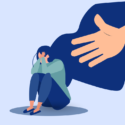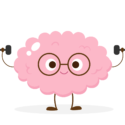
By understanding the science of sleep, you can set yourself up for a good night explains Jason Liem
There some mornings when I get out of bed that I just know I’ve had a bad night’s sleep. As I shower, shave and dress I feel there is a lead blanket draped over me. I move about my morning routines as if I’m hip-waist in molasses and my reaction times are slow.
When I’m sleep deprived, I become very poor at holding my focus for a long period of time. Even when reading the morning paper, I struggle with my concentration. I can find myself reading the same paragraph two or three times before I get the gist. Thankfully, this does not happen very often. When it does, though, I know the quality of my engagement with the world will be hampered for most of that day.
As adults we tend to have coping strategies to get us through the day when we feel only partially charged. Unfortunately, children don’t have these back-up strategies. Sleep deprivation in children can adversely affect their behaviour at home and in the classroom. The lack of sleep can translate into hyperactive and/or disruptive behaviour.
Here are some simple guidelines when it comes to the numbers of hours of sleep each of us requires. Adults need between 7 to 9 hours of sleep. Teenagers need around 8 to 10 hours. Children need even more, 10 to 14 hours. Infants require 12 to 15 hours.
Why Do We Sleep?
This is a great question, and even with all the research that has gone into sleep, we still don’t have the complete answer.
What we do know is that sleep serves many functions.
The Psychological Reason for Sleep
The psychological reason for sleep is the consolidation of learning and memory.
When we sleep our brain replays the various experiences we had during the day. In a sense it rewinds and plays the experience again and again. This helps the brain to strengthen the connections between the associated brain cells linked to the particular experience. This strengthening is what creates a memory of the experience. Replay happens in the part of the brain called the hippocampus, the structure that creates our long-term memories.
Since we experience so much during the day the brain needs to be selective about what it remembers. For example, the brain will remember the argument you had in the morning meeting and forget about your second cup of coffee.
It is necessary for the brain to run through our day’s experiences, choosing which memories to keep and which to forget. The act of forgetting is when our brains prune away unnecessary connections between neurons while we sleep.
The Physical and Chemical Reason for Sleep
Another function of sleep has to do with an actual physical and chemical reason. The brain uses sleep to wash away the toxins that accumulate during waking hours. It is similar to the function of a dishwasher. Throughout the day we deposit our dirty utensils, cups and plates into the dishwasher. At the end of the day, we run it through a cleaning cycle, and hey presto, everything is clean. This is analogous to what happens in the brain when we sleep.
The brain has a dedicated plumbing system (the glymphatic system), which cleans away waste that builds up during a hard day’s thinking. This is a vital function because the neurotoxic waste (i.e. damaged proteins) has been linked to neurodegenerative diseases like Parkinson’s or Alzheimer’s.
During sleep our brain cells shrink, increasing the space between them, allowing toxic proteins to be flushed away by cerebrospinal fluid (a colourless body fluid found in the brain and spinal cord). The better our sleep the better the cleansing process of washing our brains of these toxins.
Back to the analogy of the dishwasher: if I interrupt the machine half-way through its cleaning cycle, the plates and utensils will be cleaner than when I put them in, but they are not going to be thoroughly cleansed. If I don’t get a full night’s sleep, I’ll be able to function the next day, but it won’t be optimal.
The Science of Sleep – Our Twin Sleep Systems
Do you notice that you experience different levels of alertness and sleepiness throughout the day?
The brain has twin sleep systems. The first is the sleep/wake system. Its job is to help us maintain enough sleep throughout the night to make up for the hours of being awake. It’s this restorative process that creates a drive that balances the relationship between sleep and wakefulness.
Sleep is the body’s default state. The reason we are not asleep all the time is due to the body’s production of acetylcholine, or the alertness chemical.
Another chemical, called adenosine, or the sleepiness chemical, builds up through the day and makes us feel tired. As adenosine accumulates in our bodies the production of acetylcholine declines. As a result, our drive to sleep increases.
The second system, called circadian rhythm, regulates the timing of periods of alertness and sleepiness throughout the day. This rhythm dips and rises at different times of the day. The strongest sleep drive usually occurs between 2 and 4 a.m. Another happens in the afternoon, between 2 and 4 p.m. These time ranges can vary from person to person.
The intensity of sleepiness we feel during circadian dips depends on the quality of sleep during the night. A poor night’s sleep means we will experience more intense sleepiness between 2 and 4 p.m.
How about jet lag? Perhaps you have experienced the weirdness of catching your second wind and feeling strangely alert and awake, even though you haven’t slept a wink for an entire day. Well, you can thank your circadian rhythm for this.
Sleep Tactics
1. Catching Some Zs
Since my sleep schedule is sometimes interrupted by a busy work week and family life, I try to catch up on lost rest by napping.
As discussed, the body’s circadian rhythms give us natural points during the day where we experience alertness or sleepiness. One of these dips comes mid-afternoon between 2 and 4 p.m. If opportunity allows, I try to take advantage of this by catching a short nap.
Some of my clients, who are fortunate enough to drive to work, sometimes nip down to their car and take a 10-minute snooze. Returning to their desks they feel charged and refreshed.
A sure-fire technique I’ve used diligently since my college days is the 2020 technique. First, I drink a black coffee and then I nap. The 2020 refers to taking a 20-minute nap and the 20 minutes it takes for the coffee’s caffeine to kick-in. When I awake, I have received a double shot of alertness from a refreshing nap and the kick of caffeine
My suggestion is to nap no more than 20 minutes. Otherwise, you risk falling into a deep sleep. Waking abruptly from a deep slumber can leave you feeling groggy and it can last between 15 minutes to 4 hours. No thank you!
On the other hand, it’s recommended to avoid drinking coffee 3 hours before bedtime because of its detrimental effects on sleep quality. If you want to improve your sleep quality, then it’s best to limit coffee consumption to the morning and early afternoon.
2. Good Night Smart Device
Based on the latest research into sleep, it’s a good idea to put your smart device to rest before you get some rest.
There is a cluster of brain cells, called the SCN (Suprachiasmatic Nucleus) cells, which respond to light and dark signals, located in the hypothalamus. When the optic nerve in our eye senses a light source, a signal is sent to the SCN cells telling our brain it is time to be awake. This same signal raises our body temperature and cues our body to produce acetylcholine and cortisol to help wake us and stay alert.
As the light of day fades and is replaced by darkness, the SCN cells pick up this change, which signals for the production of the chemical melatonin, which rises in the evening and stays elevated throughout the night helping to promote and maintain sleep.
So, when we turn on our smart phones or pads, the light from them messes with the brain’s production of alertness and sleepiness chemicals. The SCN cells interpret the white light from your smart device to be daylight. The brain signals to stop the production of melatonin (sleepiness) and instead signals the production of acetylcholine (wakefulness).
So, instead of winding down for a well-deserved slumber we wind ourselves up by chemically hitting the light-switch to the on-position in our brains. Then we wonder why we feel tired but can’t seem to get to sleep.
Have a Good Night
Sometimes having a little knowledge about the nuts and bolts of how the brain works can help us to make better choices. Hopefully, this tiny primer for sleep has helped you in some small way.
At the end of the day (pun intended), there is no doubt that getting a good night’s sleep has both protective and restorative effects on the brain. And with that, I wish you pleasant dreams!













